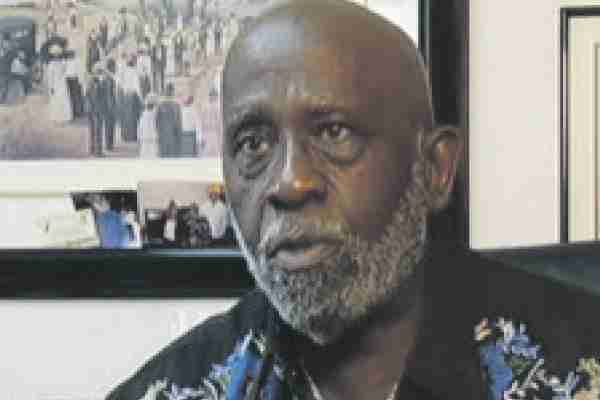The South Florida Black community is fighting for equality again after discrepancies are identified in a Miami-Dade County Public Schools Disparity Report.
After a press conference that was held last week, community leaders are looking for answers from the school board but none have come.
“The superintendent is still using his PR game to play down this study and the importance of it. So, we still haven’t heard from him,” said Ron Frazier, CEO of the BAC Funding Corporation, a non-profit organization. To date, Carvalho has not responded to inquires made by the South Florida Times.
Originally, Leaders from the Urban League, the National Association for the Advancement of Colored People (NAACP), and the BAC met with Superintendent Alberto Carvalho and were awaiting proof that he was addressing the flaws discovered in the disparity report. However, that proof never came.
“He (Carvalho) said he didn’t need board authorization, that he could do it from his desk. Had he given us a timeline and what we asked for, the press conference, wouldn’t have been necessary,” said T. Willard Fair, president, Miami Urban League.
The issue began after the school board analyzed procurement data that found only 1 percent of services and professional design contracts were going to African-American firms and only 5 percent of construction contracts. The board chose to implement programs to address this issue. However, before any race or gender-based programs can be implemented a study must be performed to prove the necessity of such programs. Therefore, MGT of America prepared a disparity report that covered a six year span from 2006 through 2012. This report was presented to the school board in November, 2013.
“Now, there needs to be a dialogue between the school board and the community on how best to address this report. There is a process that needs to take place and it needs to continue,” said G. Eric Knowles, president of the Miami-Dade Chamber of Commerce.
The report found that “disparity exists in prime construction contracting, prime professional architectural/engineering services, and architectural/engineering sub-consultant services. However, no disparity was found in sub-contracting trades in construction.” Instead, the findings indicated an overutilization for African Americans in this area.
“The data doesn’t support that at all,” said Fair.
In December, 2013, the NAACP, Urban League and BAC formed the Committee for Fair Access and Equitable Distribution of Public Contracts. This committee was responsible for publishing Leveling the Playing Field: A Response to the Miami-Dade County Public Schools Disparity Study.
It reported that African Americans received less than two percent of procurement contracts totaling $7.5 billion from 1986 to 2009, while Hispanic firms received 27 percent and non-minority firms received 60 percent. Additionally, that the sub-contractor data utilized in the study was “flawed, inaccurate and unreliable; the sub-contractor data had broad and pervasive deficiencies making it wholly unreliable for a determination of over-utilization for Minority/ Women Business Enterprises (M/WBE) sub-contractors; and that M-DCPS has a problem maintaining a successful participation level of both African-American general contractors and sub-contractors.”
The committee met with Carvalho, shared its findings, and made 15 recommendations to address the flaws in the disparity report.
These included:
The M-DCPS should reject the disparity study until it can assure the community that the information is reliable and accurate.
Payments made to subcontractors should be verified.
The M/WBE program should be reinstated since Carvalho originally promised this to the African-American community in exchange for its support of the General Obligation Bond referendum in 2012.
A comprehensive compliance and monitoring program should be implemented.
The board should assist sub-contractors in bonding and financing.
A proper contractor payment database should be implemented.
An anti-discrimination policy and program is needed related to contracting, procurement, bonding and financial services because currently there is no mechanism in place to help businesses that feel they’ve been discriminated against.
At the meeting with the committee, Carvalho agreed to 13 of the 15 recommendations, rejecting only the request to institute a project moratorium, and a referral to the office of the Inspector General.
Additionally, the report also focused on several central issues, including: institutional and systemic racism and their effects on African Americans; and a review of M-DCPS contracting practices towards African Americans and M/WBE’s.
“This has always been about fair contracting practices,” said Frazier.













No Comment